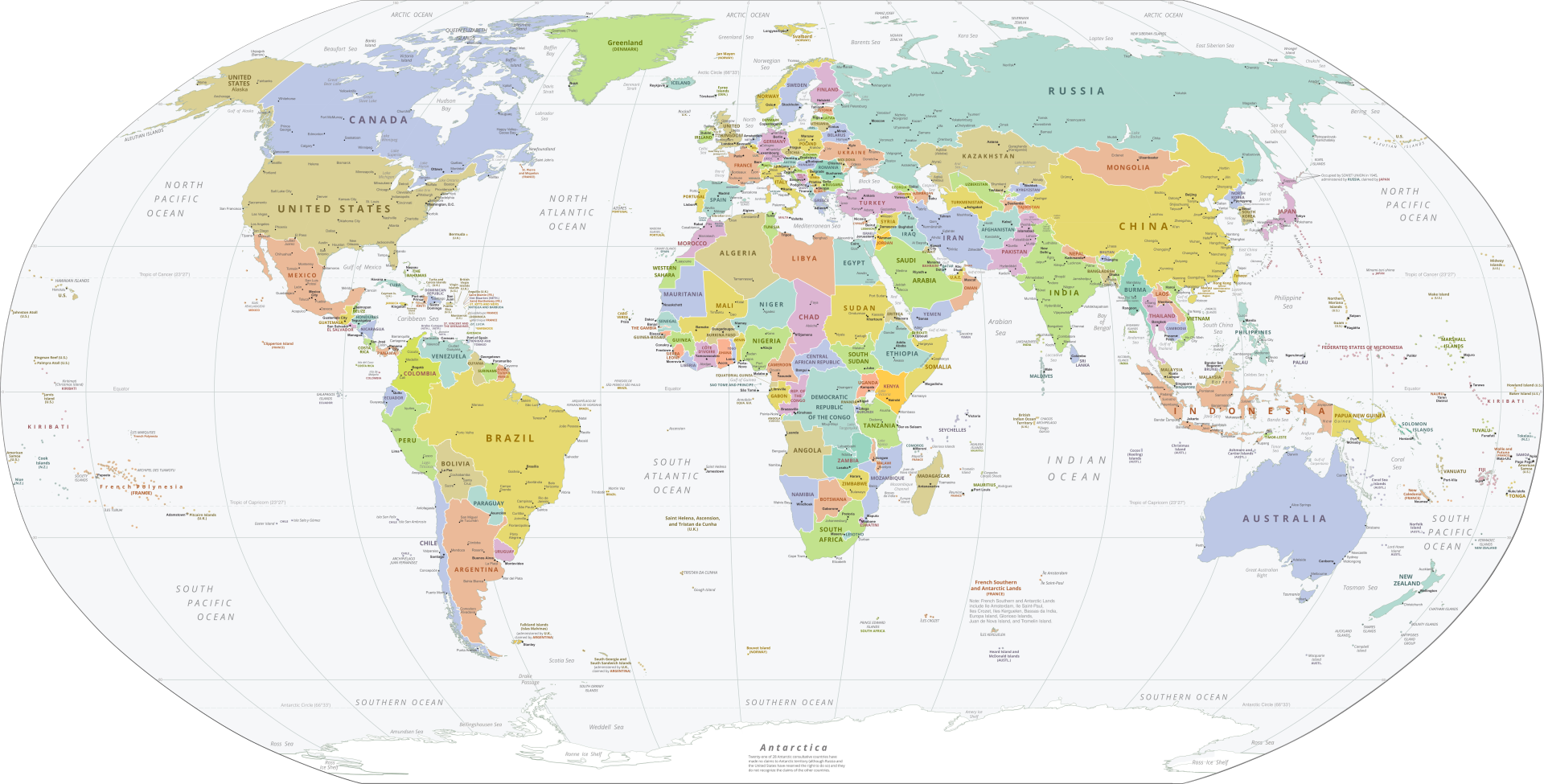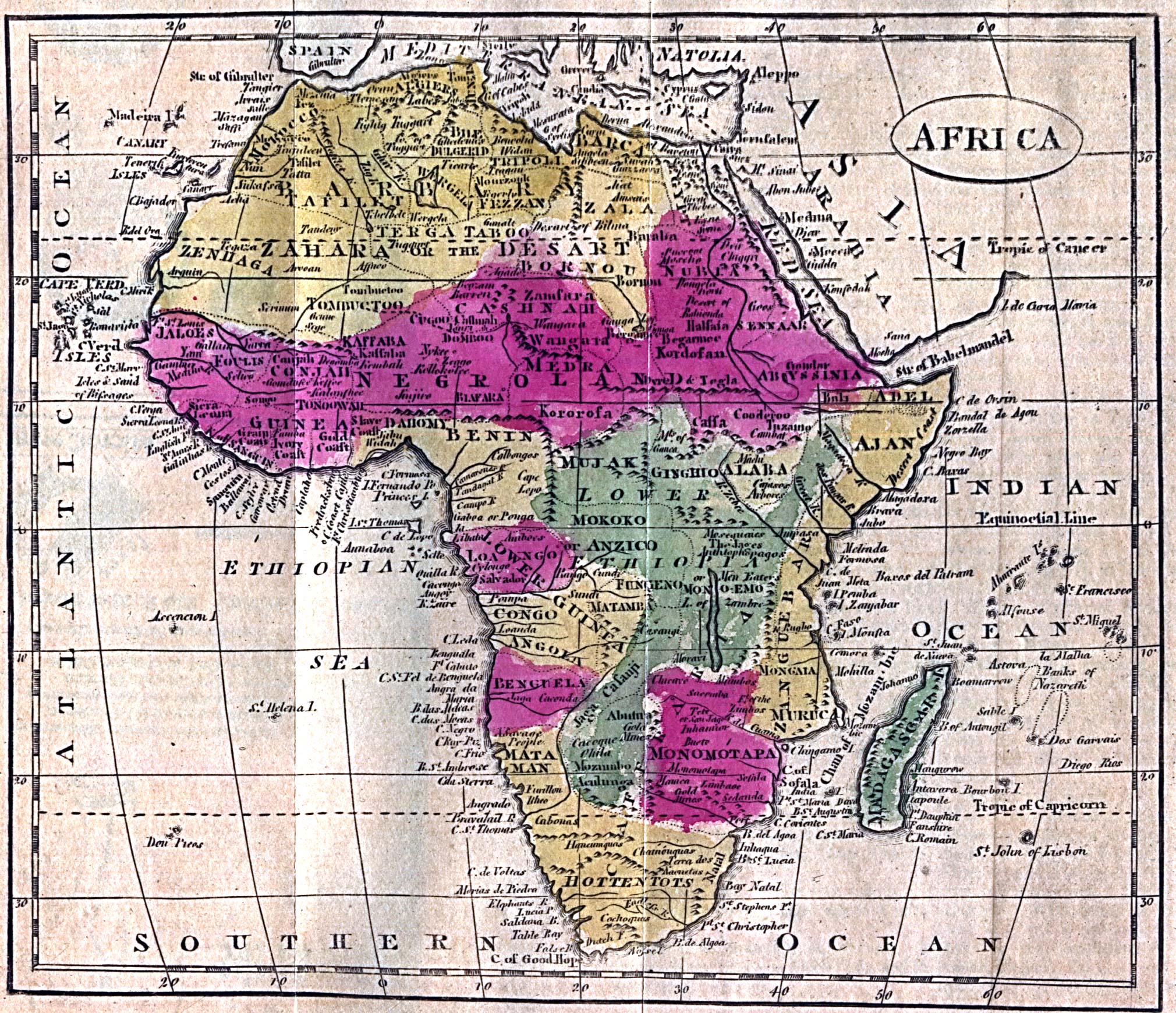
This Advanced Secondary Literature in English Language course explores prose, poetry, drama, and fiction through weekly lessons. Students develop critical analysis and creative writing skills, emphasizing communication, innovation, and real-world application of literary knowledge.
By the end of this course, the learner should be able to:
- analyse, critique, produce, and publish prose pieces to enhance language proficiency, provide entertainment, promote ethical edification, and develop skills for self-sustenance.
- read, appreciate, critique, write, perform, and publish original poetry that demonstrates understanding of thematic concerns and stylistic effects for entertainment, ethical edification, and self-sustenance.
- read, analyse, critique, write, publish, and perform original dramatic works to inform, entertain, promote ethical edification, and develop skills for self-sustenance.
- read, appreciate, write, publish, and present original novellas and short stories that inform, entertain, promote ethical edification, and contribute to self-sustenance.

This Advanced Secondary Geography course explores Earth's geological structure, evaluates continental drift theory, and analyses regional development patterns to understand geomorphic processes, natural resource formation, and propose solutions for development disparities.
By the end of this course, the learner should be able to:
- examine the Earth's structure and its layers' properties to analyze their influence on geomorphic processes, natural resource formation, and the geological foundation of human development.
- critically evaluate the continental drift theory using scientific evidence to demonstrate understanding of how theories contribute to geographical inquiry and problem-solving skills.
- analyse spatial development patterns, priorities, and influencing factors to propose effective interventions addressing development disparities at country and regional levels.

This Advanced Secondary History course on the French Revolution and Napoleon Bonaparte examines the causes and impact of the 1789 uprising and Napoleon's domination of European affairs, analysing how oppression triggers conflict and how leadership profoundly shapes society's development and structure.
By the end of this course, the learner should be able to:
-
analyse the causes, events, and impact of the 1789 French Revolution to evaluate how oppression and poor leadership can trigger societal conflicts and revolutionary change.
-
examine Napoleon Bonaparte's background, policies, and European dominance (1799-1815) to assess how individual leadership qualities and approaches can fundamentally transform and shape society.

This Advanced Secondary History course on Social and Economic Systems in Pre-Colonial Africa and Pre-Colonial Trade Systems in Africa examines traditional institutions, governance structures, and trade networks that sustained African societies, analysing their relevance to contemporary challenges and contributions to economic development and equality struggles.
By the end of this course, the learner should be able to:
- analyse the structures of pre-colonial social and economic systems to evaluate their relevance and potential applications in addressing contemporary societal challenges.
- examine the impact of pre-colonial African trade systems to assess their contributions to the continent's economic development and historical struggles for equality.